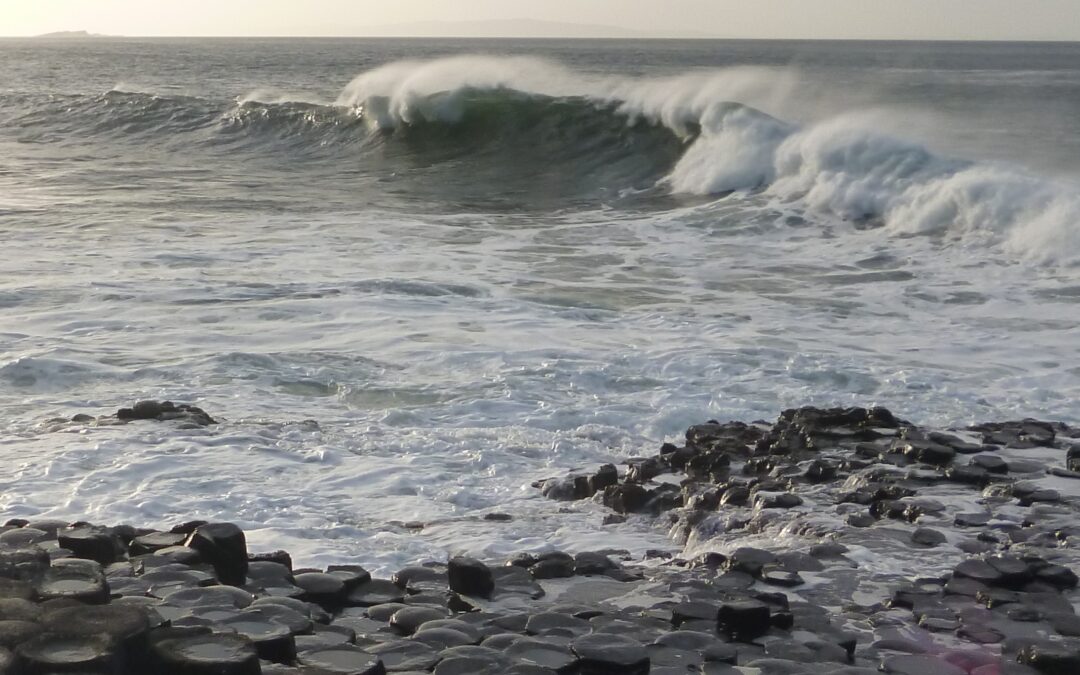We often address God as Creator in our prayers, and He is often described as Creator in our worship songs, but do we take Him seriously as Creator? Alongside this, do we take seriously the mandate He gave to humankind to rule creation when He created us?
Two objections to caring for creation, particularly when it comes to being concerned and doing something about climate change are that our primary task is to make disciples as Jesus instructed in Matthew 28:19-20 and that God plans to replace this earth with a new earth. These responses presuppose that God has little or no feelings and no plans for His creation. But why would we suppose this?
There is an abundance of Scripture in both the Old and New Testaments telling us how God delights in and sustains the natural world. Sadly, this has not alerted us or helped us see how much God loves and values His creation. We may even think His purposes only revolve around us and our eternal future with Him. There is much to consider around God’s plans for the restoration and renewal of creation as discussed by Paul in Romans 8:18-22, Colossians 1:20&23, and by John in Revelation 21:1-5 and 22:1-2, to list but a few verses. These we will leave aside for now. Instead, we will look at what we can learn from Genesis 1 about how God perceives His creation and about our role within it.
We frequently get distracted by discussions of the origin of the universe and of biological life when we read Genesis 1, but surely one of the main points the author and God Himself wants us to glean is that God was really, REALLY, pleased with His handiwork. Not just once but five times do we read that God saw that it (specifically the light in v4) was good (vv.10,12,18,21,25). Finally, we learn that …’ God saw all that He had made and it was very good’.
We need to pause here and take on board how amazing it is as we see into God’s heart in this chapter. How many of us have felt pride at something we have handcrafted ourselves and have been keen that others appreciate our handiwork? How God feels about the material universe he created has to be taken seriously. We are humbled and honoured to be part of His handiwork. We feel joy and affection at how He was pleased with how we turned out and how the rest of the natural world turned out.
It all went wrong though, and that is down to us, as we learn in Genesis 3. The consequences from us eating the fruit of the tree of the knowledge of good and evil are made clear. Relationships between God and us, amongst ourselves, with ourselves, and between the natural world and us were severely damaged. The ground is cursed because of us (3:17b). We have created the problem between the natural world and us. It is not of God’s doing. When we read these verses, we usually focus on the difficulties God says that we will have with the natural world. This is our doing. We need to own what we have done and continue to do so. We need to confess, and then to repent of doing it.
How do we feel if somebody damages anything that belongs to us? How much more strongly do we feel when something that we have made and value is trashed? ‘Cursed is the ground because of you’ are God’s words to Adam. God’s heart was not only broken because of the damage done to His relationship with us, but also because of the consequences for creation itself.
God did not stop caring for His creation at this point – that is clear from the rest of the Bible. It is also clear that God has plans for creation to be renewed and restored in the future. These are two good reasons why we should care for creation through how we live and through the choices we make as consumers. We can seek to reduce our carbon footprint and to nurture biodiversity. Firstly, surely we should join God in His love for and enjoyment of creation.
Ethel White is a retired crop scientist having worked with the Agri-Food and Biosciences Institute in Northern Ireland. She edits a monthly Creation Care e-zine and is keen to explore how faith and farming are connected.
Please note that the statements and views expressed in this article of those of the author and do not necessarily represent those of Contemporary Christianity.


Ethel, thank you for your insight and wisdom on why we should care for God’s creation.
Like me, I’m sure you recall the late John Stott’s passionate call to care in ‘Issues Facing Christians Today’. I was interested to see Revd Dr Dave Bookless, Director of Theology for A Rocha International, exploring the chapter in Issues Facing Christians Today on ‘Caring for Creation’ at https://licc.org.uk/resources/just-listening-3/ It is also well worth reading.
We really need to discuss this more in our churches both locally and at the highest levels. Your contribution is very much appreciated.